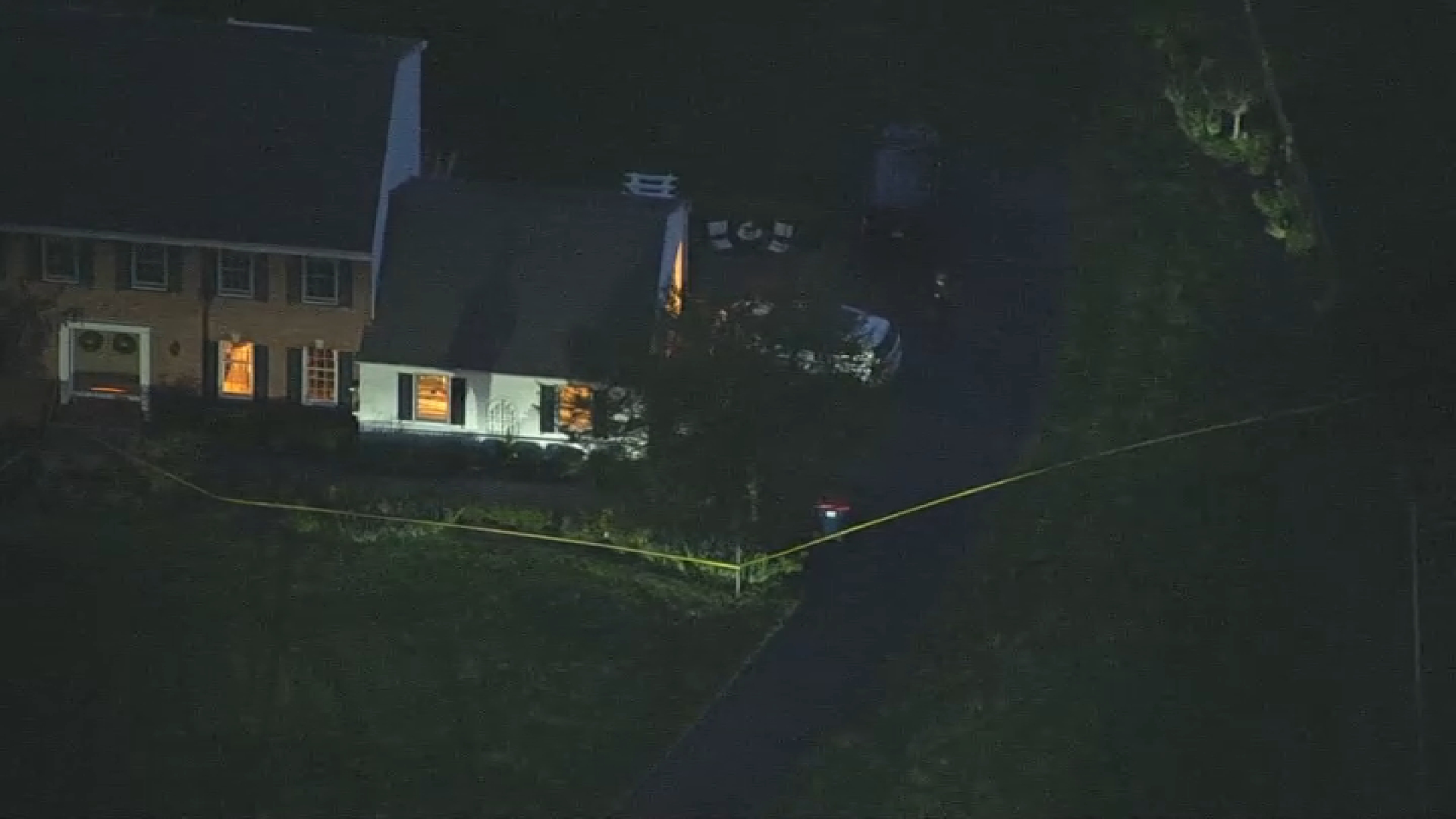As a lawsuit continues to play out in court, transgender students in the Boyertown Area School District are still allowed to use bathrooms and locker rooms that correspond with their gender identity after a ruling from a federal judge in Easton, Pennsylvania Friday.
Judge Edward G. Smith denied a request for a preliminary injunction that would have banned transgender students in the Boyertown Area School District from using bathrooms and locker rooms in line with their expressed gender identity instead of their sex assigned at birth.
The school district had no response to the ruling Saturday. Students return to school on Monday.
A lawsuit against the school district remains active in court. In March, a high-school junior identified as Joel Doe as well as his parents filed a lawsuit against the Boyertown Area School District, saying its transgender-friendly policy constitutes sexual harassment and a violation of privacy.
In October, 2016, Doe was changing into gym clothes in the boys' locker room before the mandatory PE class when he saw a student wearing shorts and a bra, according to the lawsuit. The second student had recently begun transitioning from female to male, said Kellie Fiedorek of the Alliance Defending Freedom, a conservative group representing the student who brought the suit along with three other students.
"Joel Doe experienced immediate confusion, embarrassment, humiliation, and loss of dignity upon finding himself in this circumstance," the lawsuit says.
After complaining to the school administration, Joel Doe was told that he had to "tolerate" the situation and make it as "natural" as possible, according to the lawsuit.
Local
Breaking news and the stories that matter to your neighborhood.
"Our laws and customs have long recognized that we shouldn't have to undress in front of persons of the opposite sex," said ADF Legal Counsel Kellie Fiedorek. "But now some schools are forcing our children into giving up their privacy rights."
Eliza Byard, executive director of Gay, Lesbian & Straight Education Network, said the situation could have easily been resolved without a lawsuit had the school made the necessary arrangements for the student who felt uneasy. Byard said the school could have let "Joel Doe" use single occupancy or staff bathrooms and locker rooms.
"The existence of a transgender person living their life appropriately at school cannot constitute sexual harassment," Byard said. "It might make another student uncomfortable and in that case, there is a common sense legal remedy of providing separate accommodations to the student who feels uncomfortable."
The March lawsuit came a few weeks after the Trump administration rescinded Obama-era regulations that had instructed schools to allow students to use bathrooms and locker rooms in line with their expressed gender identity rather than their sex assigned at birth.
Byard said rescinding the Obama guidance has created uncertainty and led to discrimination against transgender children.
"The actions of our current administration have created confusion and a perceived opportunity to roll back the support currently available to trans students across the country," Byard said.
After the Obama regulations were rolled back, it is now up to the states to interpret anti-discrimination laws when deciding how students can use school facilities.
Three more Pennsylvania high school students joined the lawsuit against the Boyertown Area School District in April.



